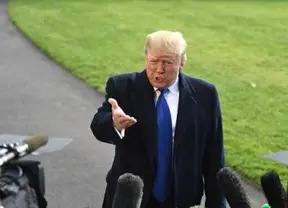
Japan is planning to arrange bilateral talks with South Korea over its attempts to have a number of its wartime historical sites listed by UNESCO, officials here said Thursday, following South Korea slamming the move by Japan as a" distortion of history."

Japanese Prime Minister Shinzo Abe wrapped up his week-long visit to the United States on Sunday. However, his irresponsible remarks and the attitude of distorting history released during the trip have drawn widespread criticism.
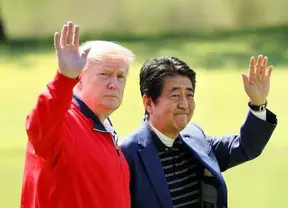
The effort of Japanese Prime Minister Shinzo Abe to emasculate and revise the country's war-renouncing constitution encountered a mass protest on Sunday, the country's 68th Constitution Memorial Day, when he returned from the United States with the updated bilateral defense guidelines that will result in unconstitutional revision of security-related legislation.

History repeats itself, yet there is a history that must never be allowed to be repeated: a militaristic Japan, its occupation of the Korean Peninsula followed by innumerable atrocities against innocent people.
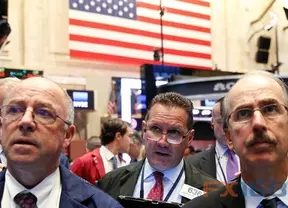
Japanese Prime Minister Shinzo Abe, in the face of a growing chorus of calls for an outright apology for his country's wartime atrocities, told U.S. lawmakers on Wednesday only that he would "uphold" related statements made by his predecessors.

The South China Sea unexpectedly became a showcase of the U.S.-Japanese alliance when U.S. President Barack Obama met visiting Japanese Prime Minister Shinzo Abe amid worldwide cries for the latter to apologize for Tokyo's past war crimes.
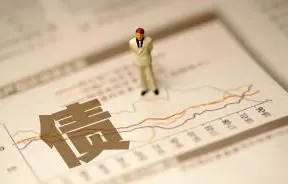
Japanese Prime Minister Shinzo Abe has undoubtedly been relishing the opportunity to get behind closed doors with U.S. President Barack Obama for quite some time now as the Japanese leader has been busying himself with a multitude of defense related ideologies.

The U.S. government should convey to Japanese Prime Minister Shinzo Abe that the mutual defense treaty requires cessation of all its "provocative behaviors," including denying the existence of "comfort women," former U.S. Congressman David Wu said Tuesday.

U.S. President Barack Obama held talks with Japanese Prime Minister Shinzo Abe at the White House on Tuesday, reaffirming ties between the allies on issues ranging from security to trade.
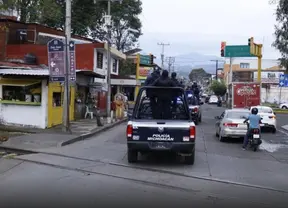
The United States and Japan on Tuesday reaffirmed their commitment to finalizing negotiations of the Trans-Pacific Partnership (TPP) that covers 40 percent of the global economy, but they are not expected to reach a breakthrough on the outstanding issues in the bilateral trade talks this week.
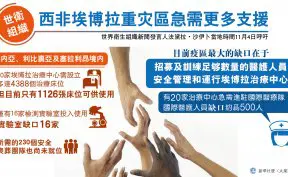
Oily stains were discovered at Kyoto 's 1,200-year-old Kiyomizu Buddhist temple on Monday, another of a series of vandalism acts that happened recently in Japan, local media reported.
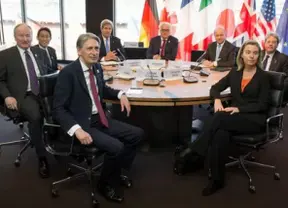
Tomomi Inada, policy chief of Japan ' s ruling Liberal Democratic party (LDP), on Tuesday provocatively paid homage to the war-linked notorious Yasukuni Shrine ahead Prime Minister Shinzo Abe's summit with U.S. President Barack Obama in Washington later in the day.
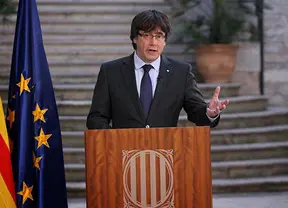
U.S. and Japan announced on Monday new guidelines for bilateral defense cooperation, allowing Japan's self defense forces to take on more ambitious global role that the Shinzo Abe administration has been seeking.

Four wetland areas in Japan have been selected as candidates for recognition under an international treaty for wetlands conservation, the Asahi Shimbun reported Thursday.

A minister of the Japanese Prime Minister Shinzo Abe's Cabinet visited the war criminal-honored Yasukuni Shrine on Thursday, one day after Chinese President Xi Jinping told Abe that history issue is a major matter of principle concerning political basis of bilateral ties.
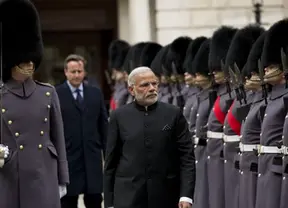
China-Japan relations witnessed yet another sign of thawing on Wednesday when President Xi Jinping met with Prime Minister Shinzo Abe here on the sidelines of an Asia-Africa summit at the latter's request.
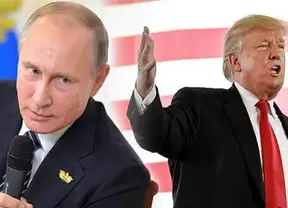
Chinese President Xi Jinping and Japanese Prime Minister Shinzo Abe held a meeting at the request of the Japanese side Wednesday afternoon on the sidelines of the Asian-African Summit in Indonesia's capital city.